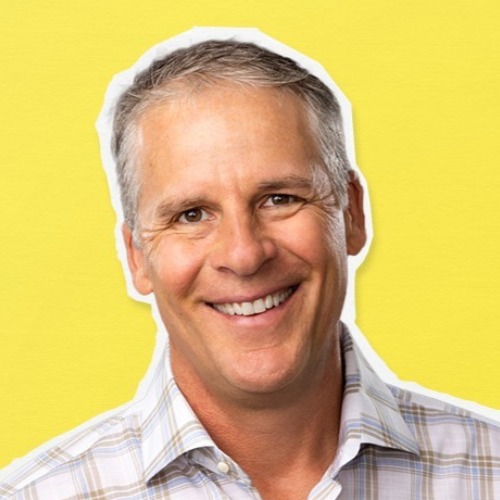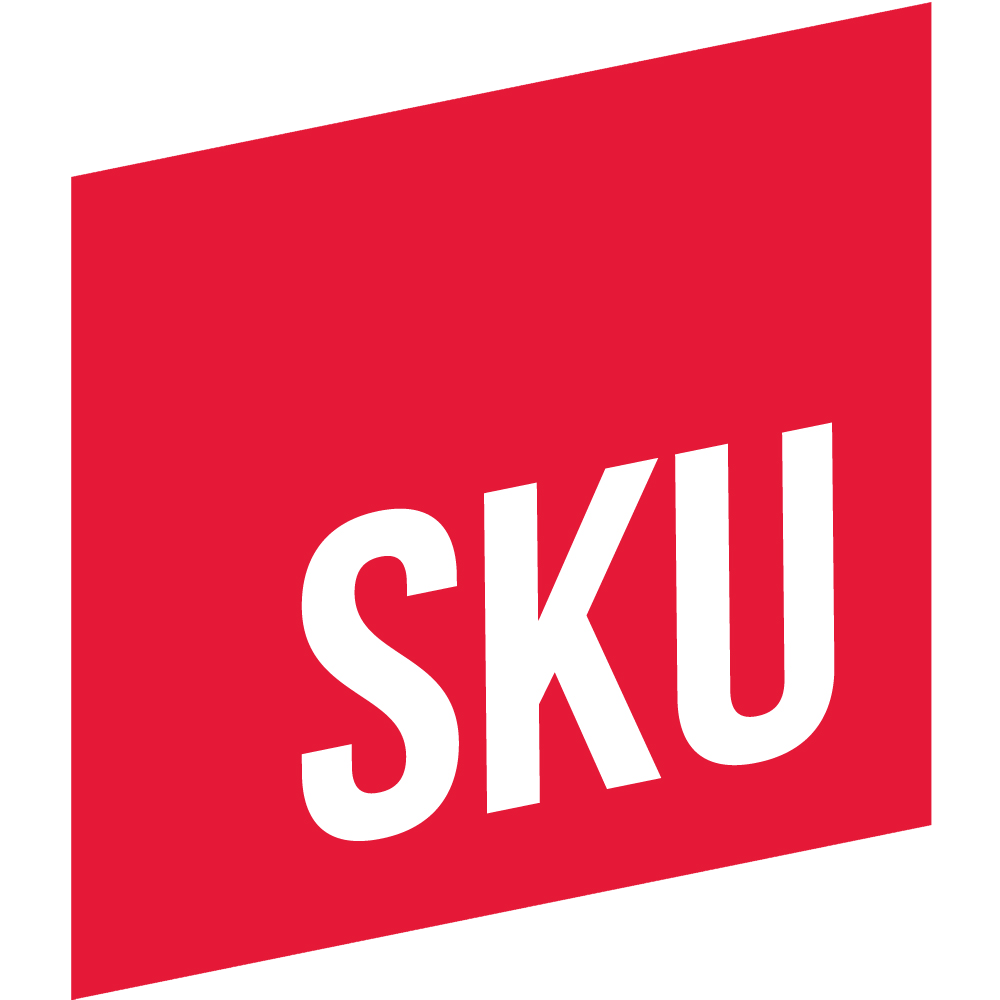
When it comes to scaling a successful CPG brand, you’ll need to build a top-notch team. As an active angel investor, SKU mentor and co-founder of HireBetter – award-winning recruiting firm – the top question I’m asked is “How do I build a great team?” Building a great team is much more than just hiring a bunch of talented individuals to work for you – and it’s definitely not easy.
In my best-selling book “Good to Great: why some companies make the leap…and others don’t,” business gurut Jim Collins when he tells us to “get the right people on the bus — in the right seats, and the wrong people off the bus,” He makes it sound so simple. But like most things in life, it’s usually much harder than it sounds.
Here are some key considerations when building your team, whether it’s your first hire or your 100th.

Don’t Forget – You’re Building a TEAM
When most people think of recruiting for their growing brand, they usually think of individual employees or candidates. Keep in mind that you want to build a great TEAM. It doesn’t matter how talented they are individually, if they don’t work together toward a common vision.
I’ve seen some teams composed of very talented individuals implode when leadership was unable to build a culture of “we” over “me.” When everyone’s working together toward a shared vision, with a shared purpose and shared values , you’ve got a recipe for success. You’re building a winning culture and a winning team.
Create a Culture of Accountability
One of the best things you can do as an entrepreneur is to establish a culture of accountability on your team. This will help you in every aspect of your business, especially if you’re like me (and most entrepreneurs) and you’re simply not good at holding people accountable.
If you need help establishing a culture of accountability and you don’t currently have an operating partner, you may want to ask an operationally-minded mentor, advisor or consultant to help you implement a few systems and processes to drive team accountability.
One example of a “system and process” is leveraging a customer relationship management, or CRM tool, for your team. A good CRM, used properly, can track and report everything relevant to managing the team: calls, meetings, proposals, expenses. This is especially effective for your sales team. In my experience, if the sales team is competent and putting in the work, sales will follow.
Reduce the Risk of Making Hiring Mistakes
Hiring mistakes can be very expensive, especially as you grow from scrappy startup into a more established brand. And most entrepreneurs like me and you struggle hiring ‘next-level’ leaders, partially because we fall in love with the concept of the silver bullet. , a Resume Ralph, who I write about in my debut book Who’s Your Mike?).
As a result, I usually advocate for entrepreneurs to leverage someone independent that they trust to help them – someone from outside your company who knows you and your brand and can serve as an advisor to you during the interview process. I chose a strong operator who knows me and my organization well: someone I trusted to be a great interviewer and had the company’s best interest at heart. Think people like SKU mentors, CEO coaches, advisors, or friends, among others.
It’s important to have this independent perspective. I’ve seen many entrepreneurs make the mistake of asking employees to interview executive-level hires. But it’s very hard for legacy employees to be unbiased when interviewing someone who will professionalize the organization. But good operators? They stay focused, ask sharp questions, and aren’t trying to make buddies out of these candidates. They’ll make sure the candidates have the capacity and ability to be your next-level COO. In short, they’re great interviewing partners for me—and I’m betting they’ll be good for you too.

Interview Tips
I’ve got a bunch of interview tips, but here are my two favorites.
The first is based on what I often tell people are the most important factors in team-building—trust, respect, and communication. And, you’ve got to start laying the foundation DURING THE INTERVIEW PROCESS! Especially for your ‘next-level’ executive hires. Get to know your finalists and establish a rapport. Communicate exactly what you’re looking for and expecting from them should they be hired. Set the stage for open communication, even before you bring them on board. Go beyond pleasantries and make sure they have what it takes for your entrepreneurial role.
The second is one of my personal go-tos, but it takes work. As you get down to two or three finalists, present them with an actual problem you’re facing. Allow them to meet the team so they can assess the situation and understand the resources available to tackle the problem. Ask them to present how they would proceed. You get to see how they think and operate. If your candidate can’t or won’t develop a reasonable response, they aren’t the right fit or aren’t serious about your opportunity!

SKU Mentor Kurt Wilkin is the CEO at HireBetter with broad responsibilities including business strategy, client satisfaction and practice development. He also is the best-selling author of Who’s Your Mike: A No-Bullshit Guide to the People You’ll Meet on Your Entrepreneurial Journey.

